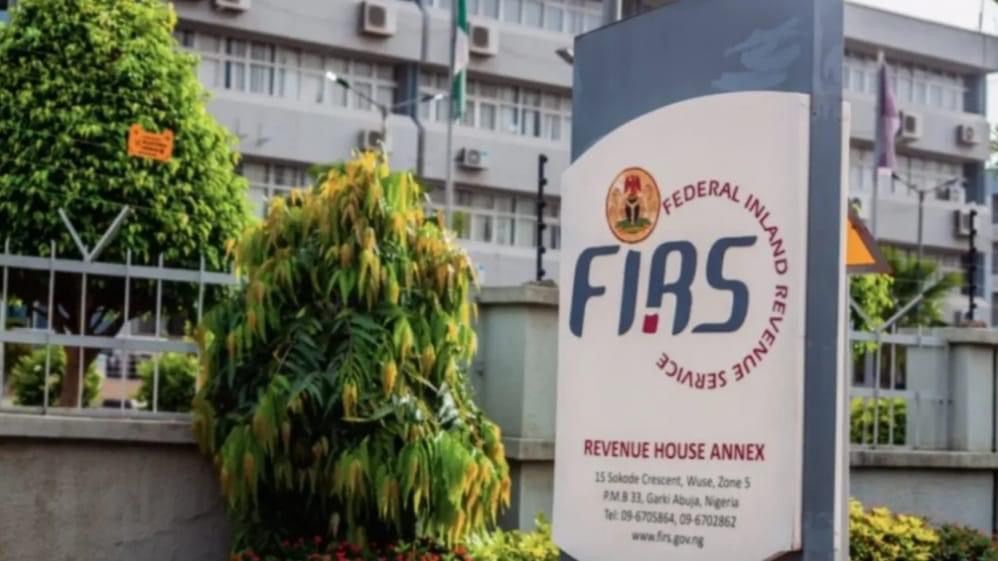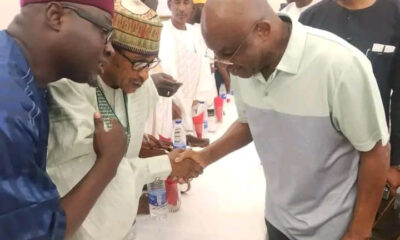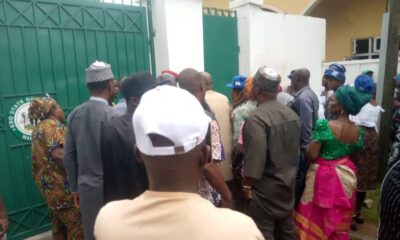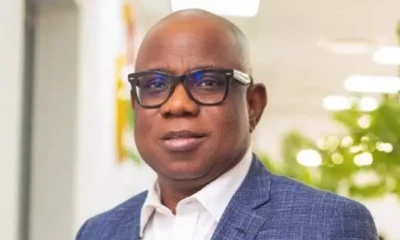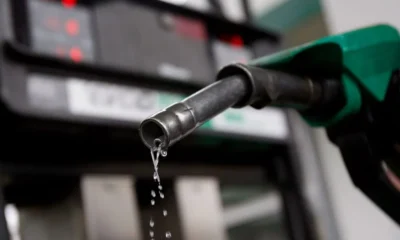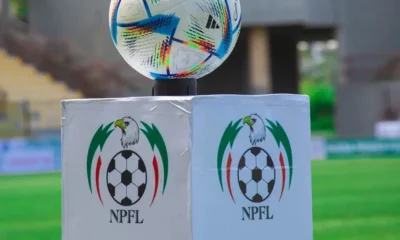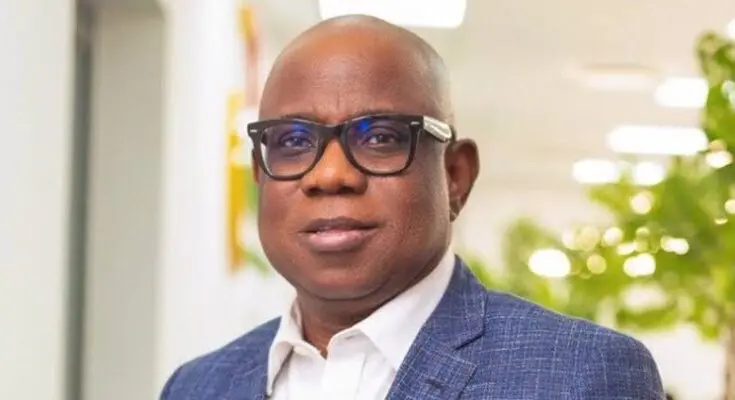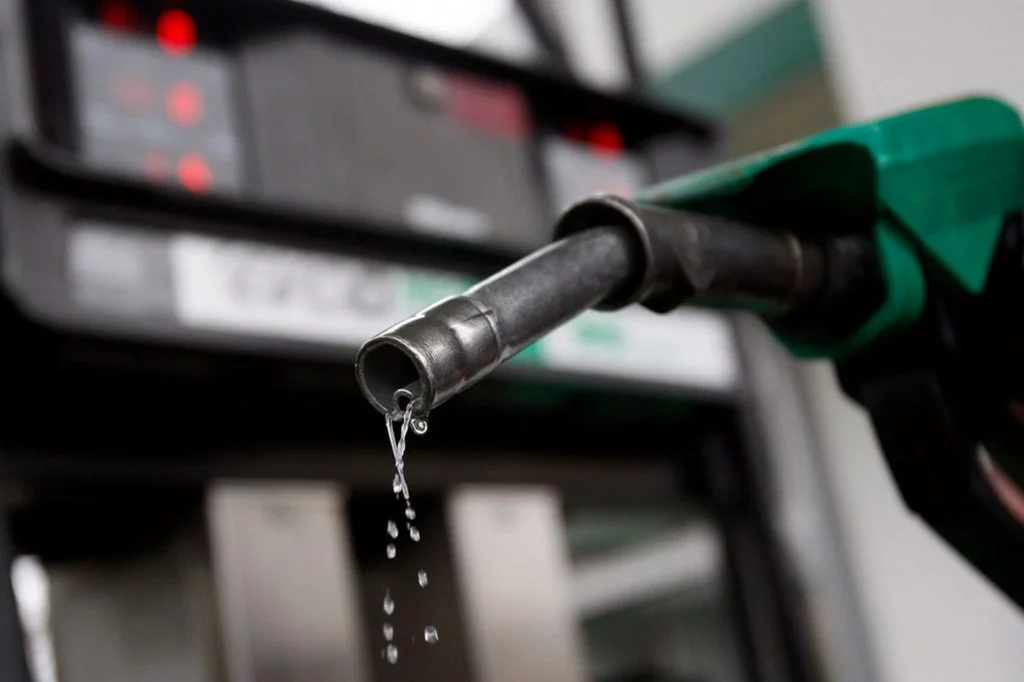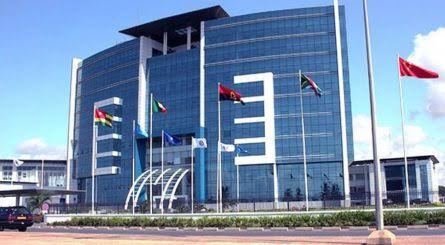Business
Cost of revenue collection gulps N214.29bn in Q1 2024
-

 Politics9 months ago
Politics9 months agoMexico’s new president causes concern just weeks before the US elections
-
Business9 months ago
US court acquits Air Peace boss, slams Mayfield $4000 fine
-

 Trending9 months ago
Trending9 months agoNYA demands release of ‘abducted’ Imo chairman, preaches good governance
-
Entertainment9 months ago
Bobrisky falls ill in police custody, rushed to hospital
-
Entertainment9 months ago
Bobrisky transferred from Immigration to FCID, spends night behind bars
-

 Politics9 months ago
Politics9 months agoRussia bans imports of agro-products from Kazakhstan after refusal to join BRICS
-

 Politics9 months ago
Politics9 months agoPutin invites 20 world leaders
-
Education11 months ago
GOVERNOR FUBARA APPOINTS COUNCIL MEMBERS FOR KEN SARO-WIWA POLYTECHNIC BORI

